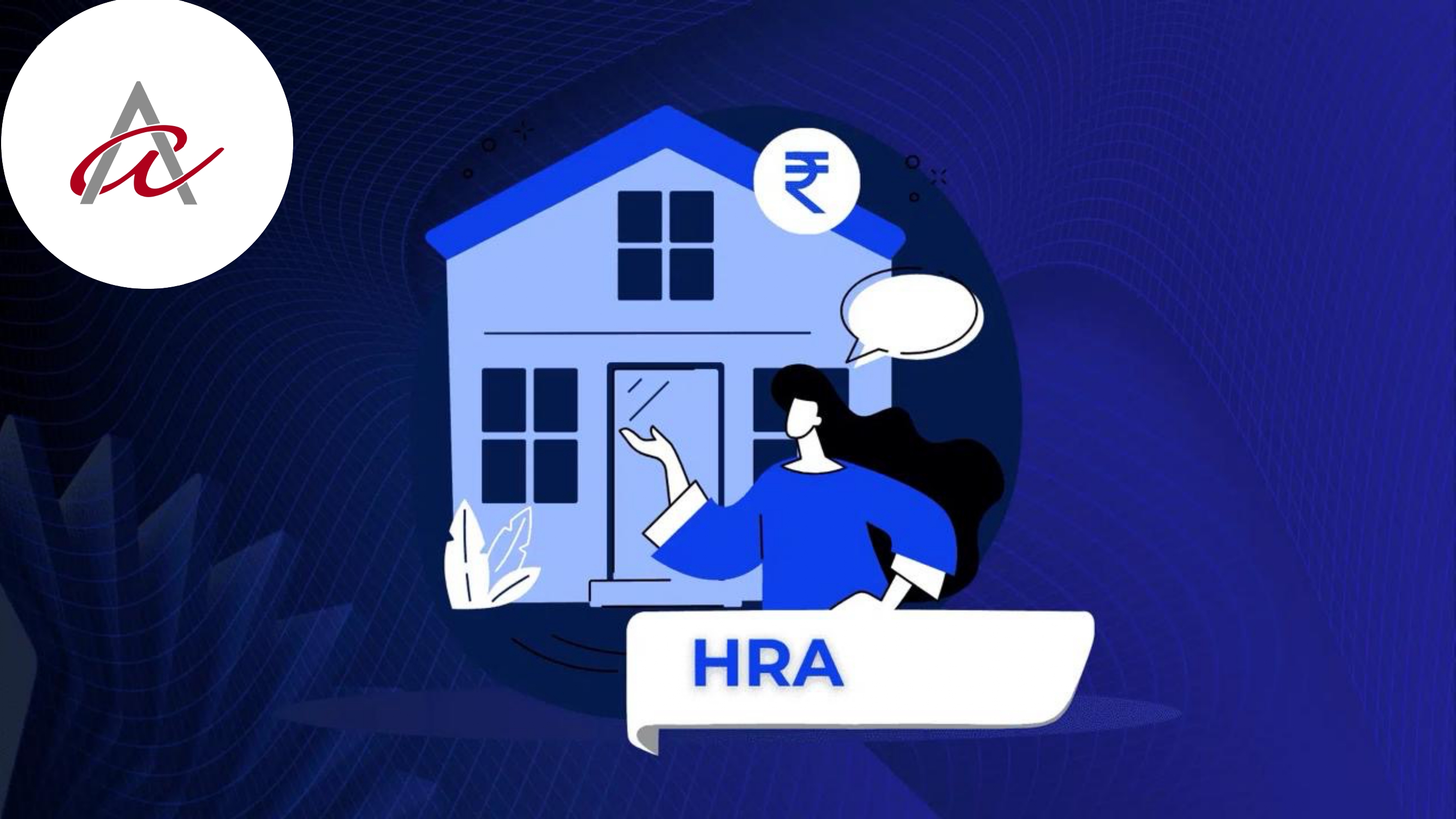Rent receipts submitted by employees for HRA claims

Taking the valid rent receipts is important as it acts as a proof of payment which protects tenants in case of disputes with the landlord in future, also it provides tax benefits to employees as they can claim HRA exemption and reduce their tax liability.
There is one provision that needs to keep in mind, i.e. in case annual rent exceeds ₹1 lakh at any time in previous year, the Permanent Account Number of landlord’s must be taken. Even if the individuals who don’t receive HRA can claim rent deductions under Section 80GG, if specific conditions are met, an individual is supposed to live in a rented property and also shouldn’t own any property in the same city to claim a deduction under Section 80GG also in case the employer provides a house rent allowance as part of the monthly salary, an individual will not be eligible to claim a deduction under this section.
Now you might be wondering, what are fake rent receipts? Fake rent receipts are the forged documents that is used to claim fake or false HRA benefits. Some individuals use fake agreements and rent receipts to show that they have paid the rent even though they live in their own homes or stay with their parents or relatives.
They use some common practices such as using rent receipt generators to create false receipts. Misusing the provision by transferring money to relatives (such as parents, or in laws) to show rent payments, and taking cash from them, or submitting rent receipts with incorrect PAN or without any PAN details. Note: It is legal to pay rent to parents or relatives and claim HRA only if the rent is genuinely paid and declared as their income in their tax returns. How the income tax department is in process of detecting the fake rent receipts? The department is using the AI tools as well as data matching techniques to detect fraudulent claims, like form cross-checking in which the Information in AIS, Form-26AS, and Form-16 is been verified by the department to ensure consistency, next tactic is PAN Verification, where the rent receipts mentioning wrong or fake PANs are flagged and further actions taken by the department on basis of this, next one is conducting employee checks where claims made without valid rent agreements or payments are scrutinized by the department. Now, what is the responsibility of employer?
Note: It is legal to pay rent to parents or relatives and claim HRA only if the rent is genuinely paid and declared as their income in their tax returns.
How the income tax department is in process of detecting the fake rent receipts? The department is using the AI tools as well as data matching techniques to detect fraudulent claims, like form cross-checking in which the Information in AIS, Form-26AS, and Form-16 is been verified by the department to ensure consistency, next tactic is PAN Verification, where the rent receipts mentioning wrong or fake PANs are flagged and further actions taken by the department on basis of this, next one is conducting employee checks where claims made without valid rent agreements or payments are scrutinized by the department. Now, what is the responsibility of employer?
The responsibility of the employer in ensuring the authenticity of rent receipts submitted by employees for HRA claims is significant. Here are the key responsibilities:
1. Verification of Rent Receipts:
Thorough Inspection: Employers should carefully examine each rent receipt for authenticity, completeness, and adherence to tax regulations.
Cross-Verification: Cross-check the information on the rent receipt with other documents, such as salary slips, Form 16, and Form 26AS, to ensure consistency.
PAN Verification: Ensure that the landlord's PAN is mentioned on the rent receipt and verify its authenticity through official channels.
Rent Agreement Verification: Request a copy of the rent agreement to corroborate the rent amount and tenancy details.
2. Adherence to Tax Regulations:
Stay Updated: Employers should be well-versed with the latest tax laws and regulations related to HRA exemptions.
Provide Guidance: Offer guidance to employees on the correct documentation and procedures for claiming HRA exemptions.
Consult Tax Experts: If necessary, consult with tax professionals to clarify doubts and ensure compliance.
3. Risk Mitigation:
Implement Robust Verification Processes: Establish stringent procedures to detect fraudulent claims.
Data Analytics: Utilize data analytics tools to identify patterns and anomalies in rent receipts.
Regular Audits: Conduct periodic audits of HRA claims to maintain compliance.
4. Employee Awareness:
Educate Employees: Inform employees about the importance of accurate and genuine rent receipts.
Discourage Fraudulent Practices: Emphasize the potential legal and financial consequences of submitting fake documents.
By fulfilling these responsibilities, employers can contribute to the integrity of the tax system and protect themselves from potential legal and financial risks.
